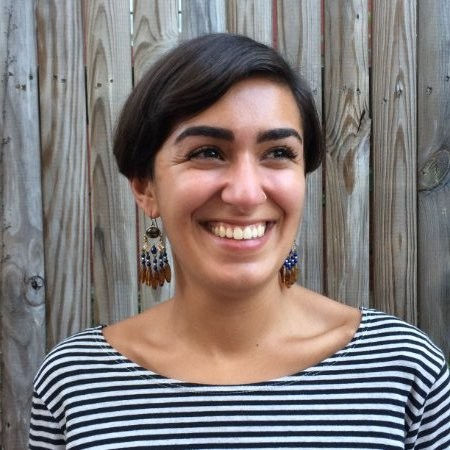Emma Boorboor: Learning From a Tireless Progressive Organizer
- Oscar Lopez
- Nov 17, 2023
- 4 min read
I met Emma Boorboor when we were both elected committee people in Philadelphia’s 29th ward last year. She is always very vibrant in ward meetings and makes her voice heard when she thinks of better get-out-the-vote efforts or ways to engage with elected officials.
Emma is also the community outreach director for Pennsylvania State Senator Nikil Saval, a popular progressive politician who represents the first senatorial district. She joined the office after he was sworn in 2021 and they are famous for their tireless work to craft and pass the Whole-Home Repairs Program.
This program will fund up to $50,000 per home to address habitability and safety concerns, like improving energy or water efficiency and making units accessible for individuals with disabilities. The plan was a huge success and state legislators celebrated by bringing Governor Tom Wolf to West Philadelphia and hearing from people who would benefit from this program.
Before helping plan this statewide policy, Emma was heavily involved in political organizing around different social justice movements. In our conversation, she details what drew her activism, what she learned from being involved in multiple causes, and how that helps her with her role today as community outreach director.

The young activist credits much of her political awakening and progressive preferences to her family. Her father is Iranian and the tough relationship between the US and his home country was always a topic of conversation. Emma’s grandmother was the head of her teacher's union.
The start of the US invasion of Iraq during the war on terror happened when she was in middle school. Even at that age, she remembers arguing with her history teacher about anti-imperialism. Foreign affairs is an interest that stayed with her into her time in college at American University, where she studied international relations and anthropology.
Through picking up an anthropology major, Emma realized that she wanted to gear her time to focus on domestic issues. As a student, she had an internship with the Institute for Policy Studies, a progressive think tank, and after college, she found a fellowship program that trained young people on how to lead environmental campaigns. This would later take to activist work to implement campaign finance reform and fight for women’s rights.
Q: What drew you from one non-profit organization, and its cause, to another one?
A: “The reason I've worked on so many issues is because each time one issue led me to another. I started out being worried about the climate crisis, so I worked on environmental campaigns. Then I realized that we're not really going to solve the climate crisis until we get big money out of politics and end corporate influence. This led me to work on campaign finance reform and election reform in DC for four years during the Obama administration. In this fight, I saw other gaps and registered that even if we could perfect our democracy, people are still going to be racist and sexist. From this, I was interested in learning about culture change organizing and got involved in gender justice organizing.”
Q: Could you walk me through one of the campaigns you led during your time as an organizer?
A: “At UltraViolet, which is an organization that was formed to expand women’s rights, I added on more of the digital organizing side of things. UltraViolet is an online to-offline volunteer organizing group so we meet people online, and then move them to do offline action. A big part of the culture change work I was doing was essentially accountability work. This meant calling out public examples of sexual harassment. I, in coalition with other organizations, led the campaign to get Bill O'Reilly fired from Fox News when it was proven that he'd been sexually harassing people at work. We were essentially doing work that built up to the media moment and from there the media was doing our work by calling out those examples.”
Q: What made you leave community organizer, where you have more independence, to work in government relations and to experience the bureaucracy that comes with it?
A: “There's actually not many elected officials I would go to work for but I knew that Nikil was building a different kind of office. I had to have a title that fit within the terms they already had in the State Senate, but my role was different. We made up a role that didn't exist in other offices, which is basically the organizer role. My job was to do pretty similar work to what I was doing at advocacy organizations, which was to develop strategy and tactics for a campaign to pass legislation.”
Q: What tips would you give young people who are looking to get involved in political organizing?
A: “Figure out what your skill set is and what specific thing you can bring to a movement. Not everyone can be or needs to be like the person at rallies chanting or giving speeches. I think sometimes people burn themselves out because they see that particular image of activism and try to mold themselves around it. Even if you are an introvert or have more technical skills, activism has different niches that can fit your skillset.”
Comentarios